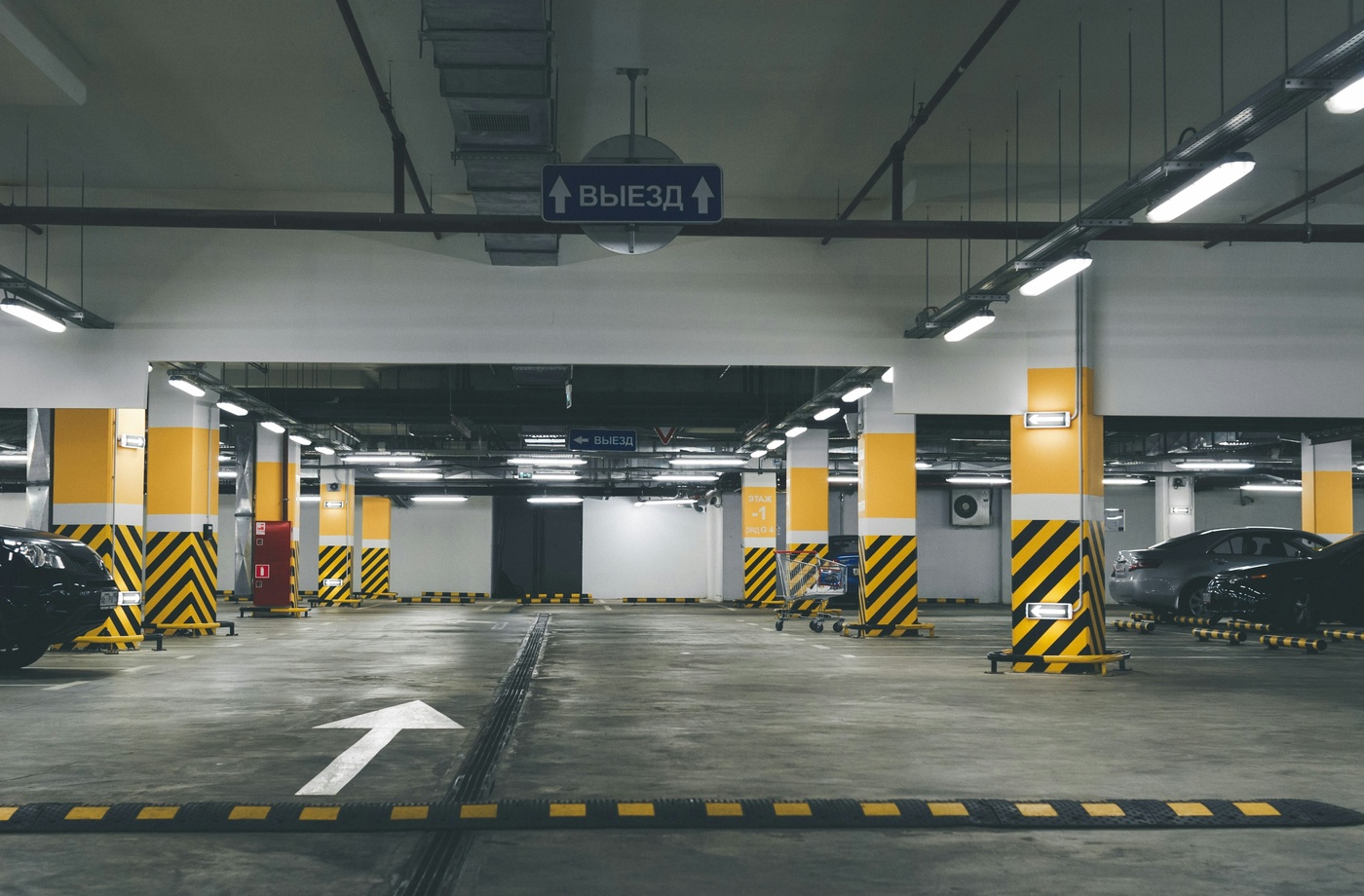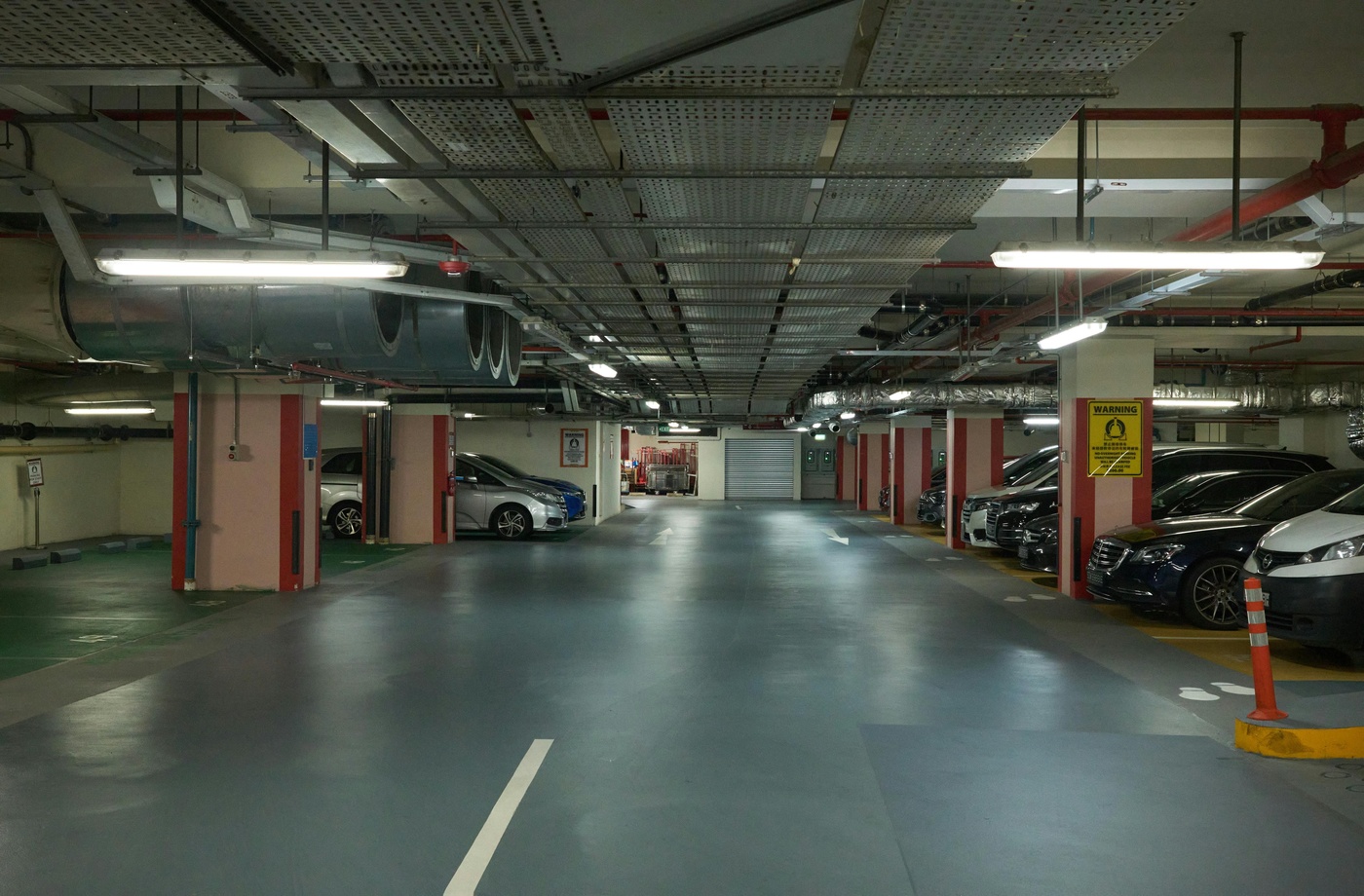You won’t find these rules posted on a meter or printed on your ticket stub, but anyone who’s parked in a city, garage, or residential neighborhood knows they exist. Parking etiquette might be unofficial, but it’s what keeps the daily shuffle of cars from turning into chaos—and it’s what separates the courteous drivers from the ones who spark honks, glares, or worse.
Whether you’re parking downtown, pulling into a crowded lot, or parallel parking in a tight neighborhood, here’s a guide to the unwritten rules that make everyone’s lives easier.
Don’t Straddle the Line
Taking up more than one space—especially in a packed lot—is the cardinal sin of parking. Even if you’re driving a large vehicle, take the time to center yourself within the lines. A few seconds of adjustment can make the difference between one person parking and two people circling endlessly.
Leave Room to Exit
If you’re parallel parking on the street, don’t crowd bumpers. A good rule of thumb is to leave about two feet between your car and the one in front or behind. That gives others room to maneuver and reduces the risk of accidental bumps.
Respect Reserved or Designated Spots
Handicap spaces, loading zones, electric vehicle charging spots, and resident-only zones exist for a reason. Parking there without the proper permit or need is not only inconsiderate—it can result in a ticket or towing. If a space isn’t meant for you, don’t use it.
Pull Forward in Lots
When entering a diagonal parking lot, pull all the way forward when possible. It helps the cars behind you find spots more easily and improves traffic flow. The same goes for drive-through lots—pulling up keeps congestion at a minimum.
No Double Parking
Tempted to stop alongside parked cars “just for a minute”? Don’t. Double parking blocks traffic, delays everyone else, and risks accidents. If you need to pick someone up or drop something off, find a legal loading zone or wait until the space is clear.
Use Your Signals
If you see a spot and plan to take it, use your blinker. It lets others know your intention and helps avoid confusion or parking wars. On the flip side, if someone is already signaling or clearly waiting, don’t swoop in and steal their spot. It’s not worth the side-eye or confrontation.
Close Your Doors Carefully
When parked next to another car, especially in tight garages, be mindful when opening your door. A careless swing can dent the vehicle next to you, leading to damage or a costly repair—and it’s just plain rude.
Don’t Leave a Mess
Your car might be your mobile command center, but the parking space isn’t your trash can. Don’t toss food wrappers, coffee cups, or receipts on the ground. Keeping parking areas clean helps everyone—and may even deter fines in monitored garages.
Be Patient in Tight Situations
Backing into a space, parallel parking, or maneuvering in a crowded garage can take time. If you’re waiting behind someone, give them space and a little patience. Honking doesn’t speed things up—it just adds pressure and mistakes.



